Can your Essentials Oils be Ingested?
2.10.2020
Every now and then, I get asked the question on whether essential oils can be “ingested”. This means “can they safely be taken internally?” This is a hot topic, and one I’d like to address in today’s bulletin. There are 4 factors at play here:
- You need to make sure your essential oil is top quality, and doesn’t have any synthetic additives, as these can be toxic to the liver.
- You need to know which essential oils are safe to put into your mouth. Not all essential oils are “GRAS” (ie. Generally regarded as safe for internal use).
- Then, there’s the whole question of compliance, and what suppliers can and can’t say about their essential oils in different regions of the world.
- And finally, there are the “how to” questions – ie. how much do you use, where do you find information, and can you purchase essential oils that are already pre-encapsulated for ease of taking internally?
Enjoy the read!
Oils ain’t oils
Let’s start with a conversation about quality. If you are to put any essential oil into your body or onto your body, you want to ensure it’s the highest quality possible. Why is that? It’s because our bodies get exposed to so many synthetic chemicals every single day, and this is undermining our health. We have this beautiful organ, our liver, which is designed to break down these chemicals into a form that our body can eliminate through urine, bowel movements, breath and sweat. However, even our liver is a camel with its own breaking point. And with the amount of chemicals we are unavoidably exposed to every day, our liver is definitely feeling the load.
Just think about it….there are fumes, chem-trails and other chemicals in the air that we breathe. There is chlorine, fluoride and other chemicals in our water. There are pesticides and herbicides on our non-organic produce. Even if we eat organic produce at home, and wash it with Young Living’s amazing Thieves Fruit & Veggie Soak, what about the food we eat when we’re on the run or go out for a meal? There are chemicals and other gases in our carpets, furnishings and clothes. And then of course there are the hundreds of chemicals we get exposed to in our commercial personal care and cleaning products.
That’s why we love to ditch the chemicals and go low-tox in our home with Young Living’s beautiful Thieves range, and all the various personal care and beauty products that Young Living has on offer.
So we don’t want extra chemicals in or on our bodies, and most essential oils on the market have been adulterated or exposed to chemicals in some way. Either the fields have been sprayed with chemicals that potentially make their way into the bottle of essential oil, or non-organic fertilizers have been used, or chemicals have been added into the distiller during the steam distillation process in order to more quickly break down the plant matter. And of course so many unscrupulous suppliers also extend their essential oils with synthetic chemicals which are virtually undetectable, in order to make their oil go further.
What makes Young Living different
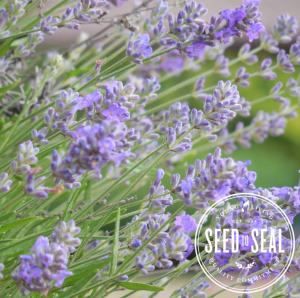 So whenever you are thinking about using any type of essential oil in your diffuser, on your skin, in your food or through ingestion, you definitely want to ensure that it’s guaranteed to be pure and unadulterated.
So whenever you are thinking about using any type of essential oil in your diffuser, on your skin, in your food or through ingestion, you definitely want to ensure that it’s guaranteed to be pure and unadulterated.
Young Living’s proprietary Seed to Seel process ensures that every step of the production process is done in an environmentally ethical manner, and that no chemicals touch the field or plant or essential oil at any point in the production process.
Not only that, Young Living also distills their oils with low temperature, low pressure steam distillation to ensure that all the fragile constituents from the plant’s essential oil make their way into the bottle.
And their distillation times are often longer than other brands, in order to capture the entire “fingerprint” of the plant’s essential oil, rather than just the primary aromatic molecules.
And to top all of that off, each batch of essential oils is run through 15 state-of-the-art tests 6 times each (that’s 90 tests in total) before receiving the Seed to Seal stamp of approval. Many of those tests are not done by other essential oil companies, simply because of the cost involved in the equipment. Yet it’s this combination of 15 tests that allows Young Living to guarantee that their oils are indeed pure and unadulterated, and that no synthetic additives have found their way into the bottle.
The 3 Branches of Aromatherapy
Now, let’s dive into the topic of today’s bulletin. There are 3 very opposing styles of aromatherapy in our world today, with vastly different opinions on this topic.
Traditional British Aromatherapy states that essential oils should only ever be used topically, and that they should be heavily diluted.
German Aromatherapy is focussed on inhalation, and the power of using essential oils for their aroma (eg. in a good quality ultrasonic or nebulising-style diffuser).
French Aromatherapy comes from a completely different perspective, and one that advocates the use of essential oils both topically and internally.

I remember once attending a 3 day course by renowned French medical doctor, Dr. Daniel Penoel, author of Natural Home Health Care using Essential Oils. In the course, he made a joke about the difference between the British system of Aromatherapy and the French system. He said that the British system was like two teenagers sharing their first kiss. This tiny thing (ie. putting essential oils on their skin in a diluted fashion) seems like such a big deal to them.
He then contrasted the British system with the French system of Aromatherapy, using the same analogy. He said, “In France, we have been making love for years!”
A Matter of Compliance
Now we come to the next important topic, and that’s compliance. Every country or region of the world has its own regulatory bodies that oversee what can and can’t be said about commercial products. Essential oils are no different.
For example, Young Living Australia and New Zealand has a range of 38 essential oils which can be used as food and beverage flavouring agents.
These 35 oils are compliant with Food Standards Australia & New Zealand, and therefore can be openly promoted to the food and beverage industry as flavouring agents….and of course they can be used by people like you and me who just LOVE the idea of having high vibration, delicious tastes in our food.
When you are using essential oils as a food and beverage flavouring agent, remember that a little goes a long way, so less is best. Start small, and build up slowly.
In Australia and New Zealand, we call these our “culinary” essential oils, and they are all of the essential oils which come from plants that we eat. This includes essential oils such as Basil oil, Cardamon oil, Parsley oil, Oregano oil, Geranium oil, Lemon oil, Lime oil, Nutmeg oil, Coriander Seed oil, Cinnamon Bark oil, Ginger oil, Lemongrass oil, and so on. Check out the complete list below….
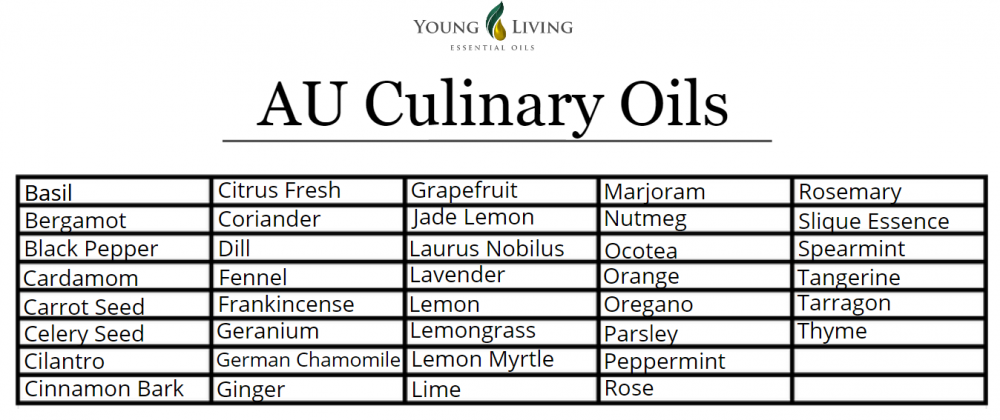
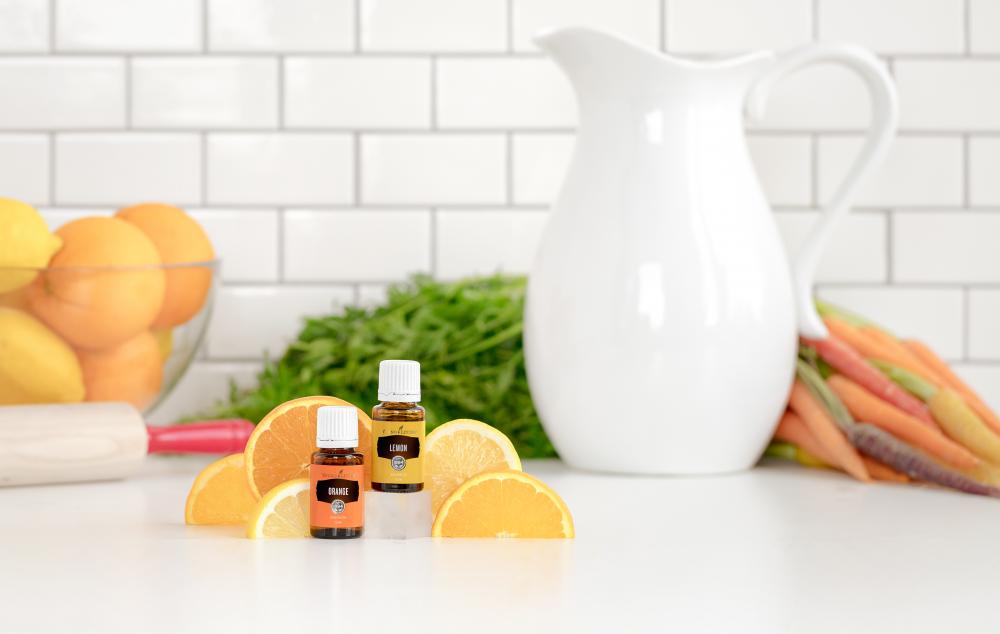
That makes sense, doesn’t it? When we cook with a plant, then as the heat breaks down the plant matter, the essential oil is released from the plant. That’s the amazing smell we get in our food! Our food is essentially just cellulose, nutrients and essential oil.
So when we extract the essential oil from a food plant, of course it can be added back into food in order to enhance the flavours!
But compliance means that we can only promote an essential oil in the manner in which it’s labelled. So we all know that we eat and swallow food like lemon rind, nutmeg, cinnamon bark, parsley, and so on. But when we’re talking about the essential oil, in Australia and New Zealand we can only talk about the oils from a food and beverage flavouring perspective. We can’t promote “ingestion” of essential oil, ie. Popping that same essential oil into a vegetable or gel cap, and taking it internally.
And just as Young Living AU/NZ has their culinary range of oils as food and beverage flavouring agents, in the UK and Europe Young Living have a “Plus” range of oils, and in the US they have their “Vitality” range of oils.
So in Australia or New Zealand, if we’re talking about one of the culinary oils (ie. an essential oil that comes from a food plant), the same bottle of essential oil that we use for our diffuser and on our body can also be used as a flavouring agent in our food. But as soon as we step into the UK and Europe, or the US, we have a completely different bottle and label for the culinary oils….and so if we are using essential oils in food and beverage flavouring in one of those regions, we must be holding the specially labelled bottle (and not the regular bottle)….even though the contents of both bottles is the same.
And here’s where it gets really interesting. In Australia and the UK/Europe, the culinary and Plus oils are not allowed to be promoted for ingestion (ie. being taken in capsules). However in the US, the Vitality range of oils can be promoted in this way, simply because their regulations are different (see the Vitality range in the table below).
It’s the same essential oil in each of the bottles, however the regulatory bodies of each country dictate what can and can’t be said about each of the oils.
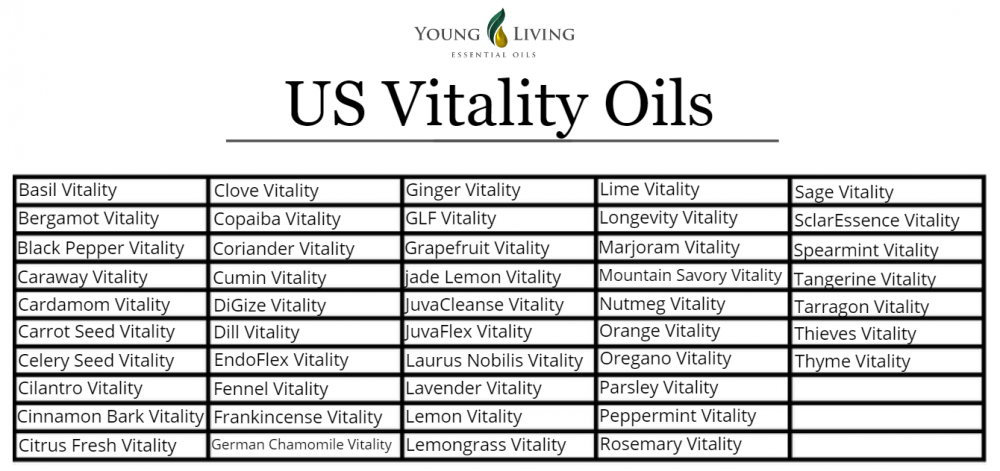
I want to take essential oils internally – how do I do that?
If you’re in the US and holding your Vitality oil range, these oils are listed as being safe for ingestion. Always follow the guidelines of your essential oil manufacturer (in this case, Young Living), and educate yourself on this topic. There are some great reference books around.
I’m talking in very general educational terms here, and this bulletin is not designed to teach you how to ingest oils. Rather, it’s educating you about the many factors you need to be aware of when you ask this question.
I will however offer a word of caution….and this comment is directed to our friends in the US who have access to the Vitality range of essential oils.
Essential oils are extremely potent. For example, one drop of Peppermint oil is equivalent to 28 cups of peppermint tea. So start small (eg. 1 drop) and build up over time, and listen to your body. If you are ingesting a hot oil (such as Oregano Vitality oil), make sure you pop it into a vegetable or gel capsule first. And if you want to make it even gentler on your body, also add a little bit of organic vegetable oil such as coconut oil to the capsule.
For our other markets like AU/NZ and UK/EU, although we can’t promote the self-filling of capsules with essential oils in the way we can in the US, we do still have a solution. Young Living have some powerful supplements available in each market, which are ready-made essential oils in a capsule.
Refer to your local Young Living office to discover which supplements are available in your region, and what claims can be made about each of these products.
For our Australian & New Zealand markets, we can make these statements:
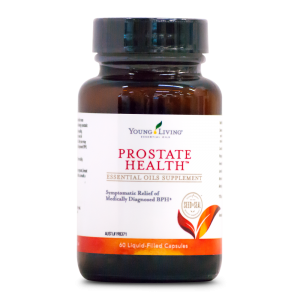 Prostate Health:
Prostate Health:
Formulated for men concerned about prostate health:
- May assist in the management of medically diagnosed benign prostatic hypertrophy.
- For the symptomatic relief of medically diagnosed benign prostatic hypertrophy.
- Aids prostate function in men with early stage medically diagnosed Benign Prostatic Hyperplasia (BPH).
- Traditionally used for its effect on prostate health as an anti-inflammatory agent.
 Inner Defense:
Inner Defense:
Young Living’s Inner Defense™ capsules are designed to support the immune system and promote healthy respiratory function. Inner Defense™ contains potent essential oils like oregano, thyme, and Thieves® which are rich in thymol, carvacrol, and eugenol. Inner Defense:
- Contains antioxidants, to help protect against free radical damage
- Supports the body’s natural defenses
- Supports the immune system
- Promotes healthy respiratory function
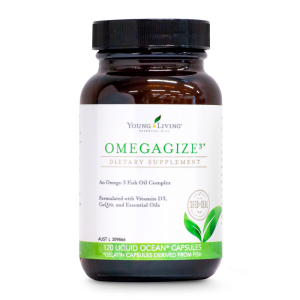 OmegaGize³
OmegaGize³
Young Living’s OmegaGize³ is a fish oil supplement that can support in adults a healthy cardiovascular system, energy levels, bone health and brain function, and enhance general health and well being.
OmegaGize³ combines the power of three core daily supplements—omega-3 fish oil, vitamin D3, and CoenzymeQ10 (ubiquinone). These supplements are combined with a proprietary essential oil blend. In addition to these statements above, OmegaGize³ is an:
- Antioxidant which reduces free radicals formed in the body in adults
- Maintains/supports healthy teeth in adults
- Maintains/supports cognitive function and mental function in adults
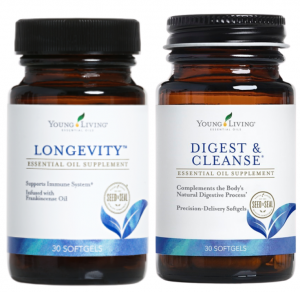 Softgels – Longevity, and Digest & Cleanse
Softgels – Longevity, and Digest & Cleanse
The name says it all! These supplements contain therapeutic-grade essential oils from Young Living, mixed with coconut oil and encased in a protective softgel. They are not presently available in Australia, however we hope to have them back sometime in 2021.
If you live outside of AU/NZ, please check your local region’s Young Living website for availability.
The Longevity and Digest & Cleanse bottles pictured here are from Young Living’s US website, and therefore make claims that are compliant in the US, but not necessarily in Australia.
Here’s How to Order….
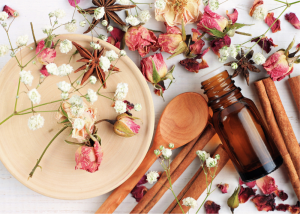 If you already have your own wholesale account with Young Living, you can order through the shopping cart on your virtual office, or via phone or live chat with your local Young Living office.
If you already have your own wholesale account with Young Living, you can order through the shopping cart on your virtual office, or via phone or live chat with your local Young Living office.
If you have lost touch with them, or need any other assistance, we are here to help. Simply click on the button below, and we’ll be in touch to assist you and help answer your questions.
If you’re not already receiving our weekly
Raw Divinity bulletin, CLICK HERE to subscribe
